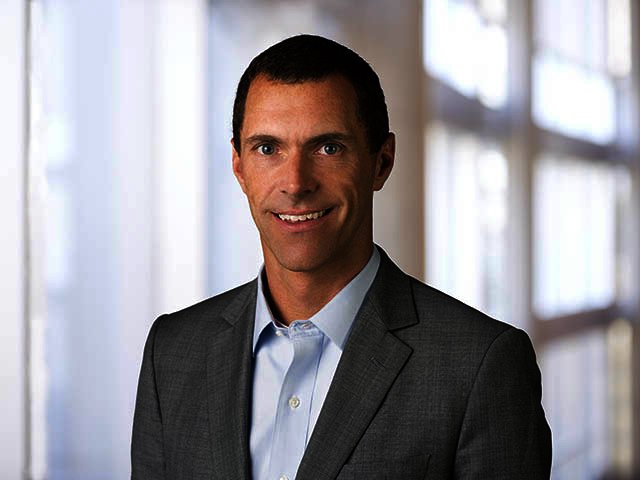Dell Technologies Interview - Jay Parker: The Fate of the PC Part 1
By Ryan Noik 13 June 2018 | Categories: interviews
At Dell Technologies World, which took place in Las Vegas last month, much focus was put on realising digital transformation, and how the cloud is enabling digital solutions to address real world problems.
The question that arose though, particularly as the company announced new commercial PCs in its portfolio, is where does this leave the fate of the PC? What role does it have to play in the transformation of the workplace? And what are the key factors defining the PC space at present?
Jay Parker, the president of the client product group at Dell, answered all these questions for us and more. To begin with, he noted that even as the workplace is changing, so too is the PC’s role therein. While some years ago it became de rigueur to point out that modern smartphones and tablets often boast similar processing power as notebooks, and to question PC’s longevity as sales slumped, the PC of today is far from irrelevant, Parker believes.
King of Creativity
“In fact, to do creative or productive work, the PC - which encompasses desktops, notebooks, and workstations - is still the predominant device, and from what we can tell, it will be for the foreseeable future,” he asserted. The reason for this is owing to a number of factors, namely that PCs still boast a size advantage when compared to the ever ubiquitous smartphone, the largest of which top off with a 6.3” screen. As well, the input capability, power and performance, and a huge library of applications do cater to a variety of productivity needs, make working on a PC a more elegant experience.
“I consider the PC to be the sun around which other device, like smartphones and tablets, play a part in the full computing ecosystem, but in terms of productivity almost every worker needs a PC to a certain degree,” he asserted.
Key components
So where does this fit with regards to workplace transformation? Parker explained that the underlying premise of the changing nature of work is that it is no longer a place you go, but an activity people do. Mobility - being able to work from anywhere, at any time, is still essential, as is having access to one’s applications and data from a broad variety of devices. This, of course, is where the cloud comes in.
But the changing nature of work also hinges around collaboration, and working with people who aren’t necessarily located in the same office, or even the same region, as each other. That in turn is influencing the design of PCs and notebook, with the the camera, audio quality, and collaboration software playing a more significant role to ensure that users have the best possible collaborative experience.
Security essentials
There is another factor which is becoming increasingly important, that of security. If data is spread out across and being accessed by a multitude of different connected devices, it means that people and businesses are more vulnerable to their data being hacked.
Parker notes that the conundrum that companies face is how do they give employees access to what they need, while still protecting their proprietary information? This, he adds, is a particularly big investment area in the user client space, as is helping businesses track their data both inside and outside their network.
To this end, he explained that the company has a number of security measures that it provides. First of these is its Dell Data Guardian Suite which works across all products, not just its own, but comes bundled with Dell PCs.
This enables users to encrypt their data, track it, and give each piece of certain access rights depending on where it is being sent or with whom it is being shared. Secondly, SecureWorks - one of the constituent companies in Dell Technologies’ portfolio - offers consultation services to customers to provide them with the best practices for their organisation.
Keeping up with the times
Addressing the problem of workers failing to update their operating system (OS) with the latest patches, Parker noted that there is a large push by the IT industry to help customers stay current with the latest updates and patches. He expressed optimism that, in the future, PC architecture will allow for devices to receive the latest security updates as seamlessly as currently happens on smartphones.
The good news for IT managers is that he similarly expects it to become easier, less intrusive, and less costly, to manage the security needs of a large company with regards to keeping their PCs up to date as well.
In the next part, Parker talks about the future of the PC, why cloud storage doesn’t eradicate the need for hard drives, and the role virtual reality will have to play in the workplace.
Most Read Articles

Have Your Say
What new tech or developments are you most anticipating this year?



